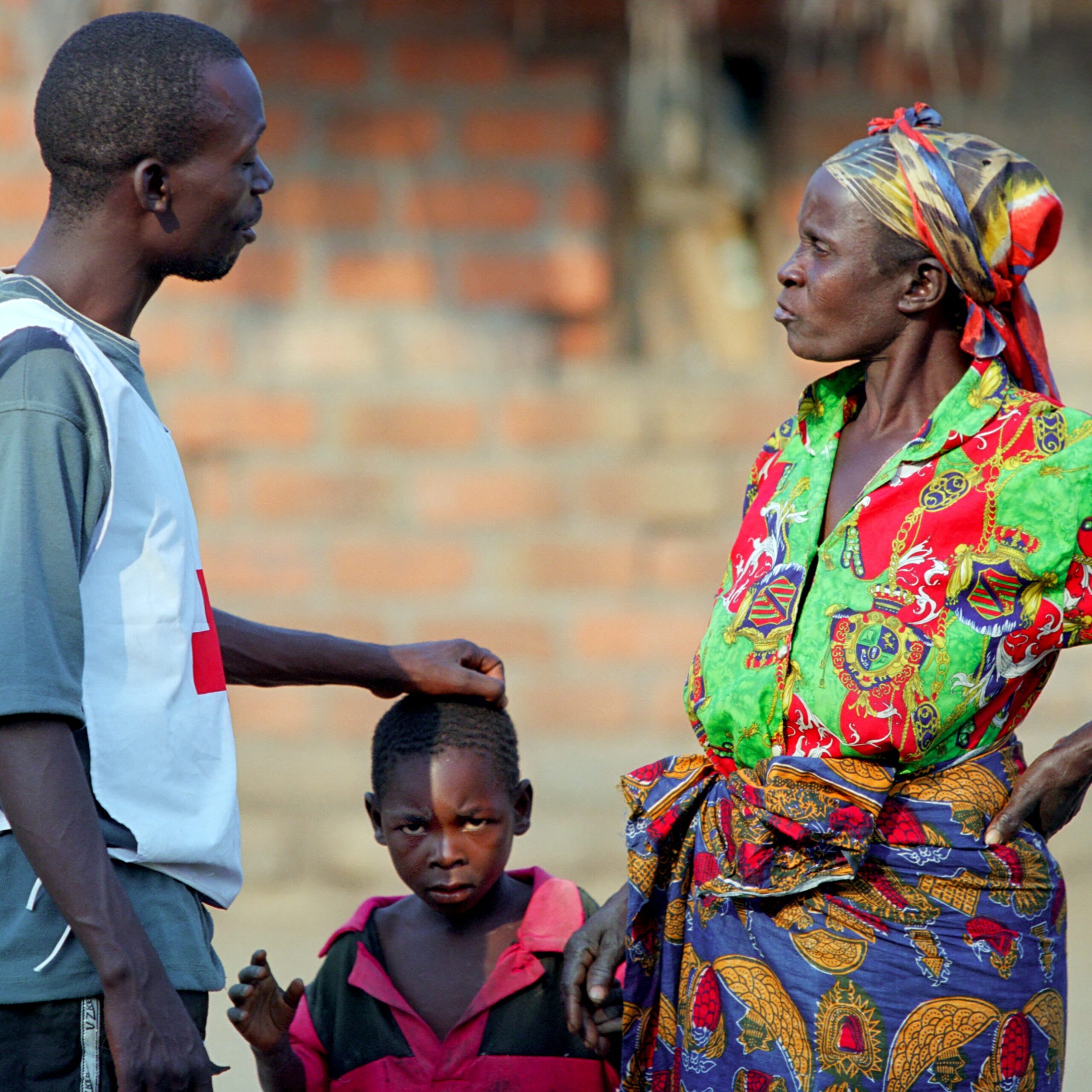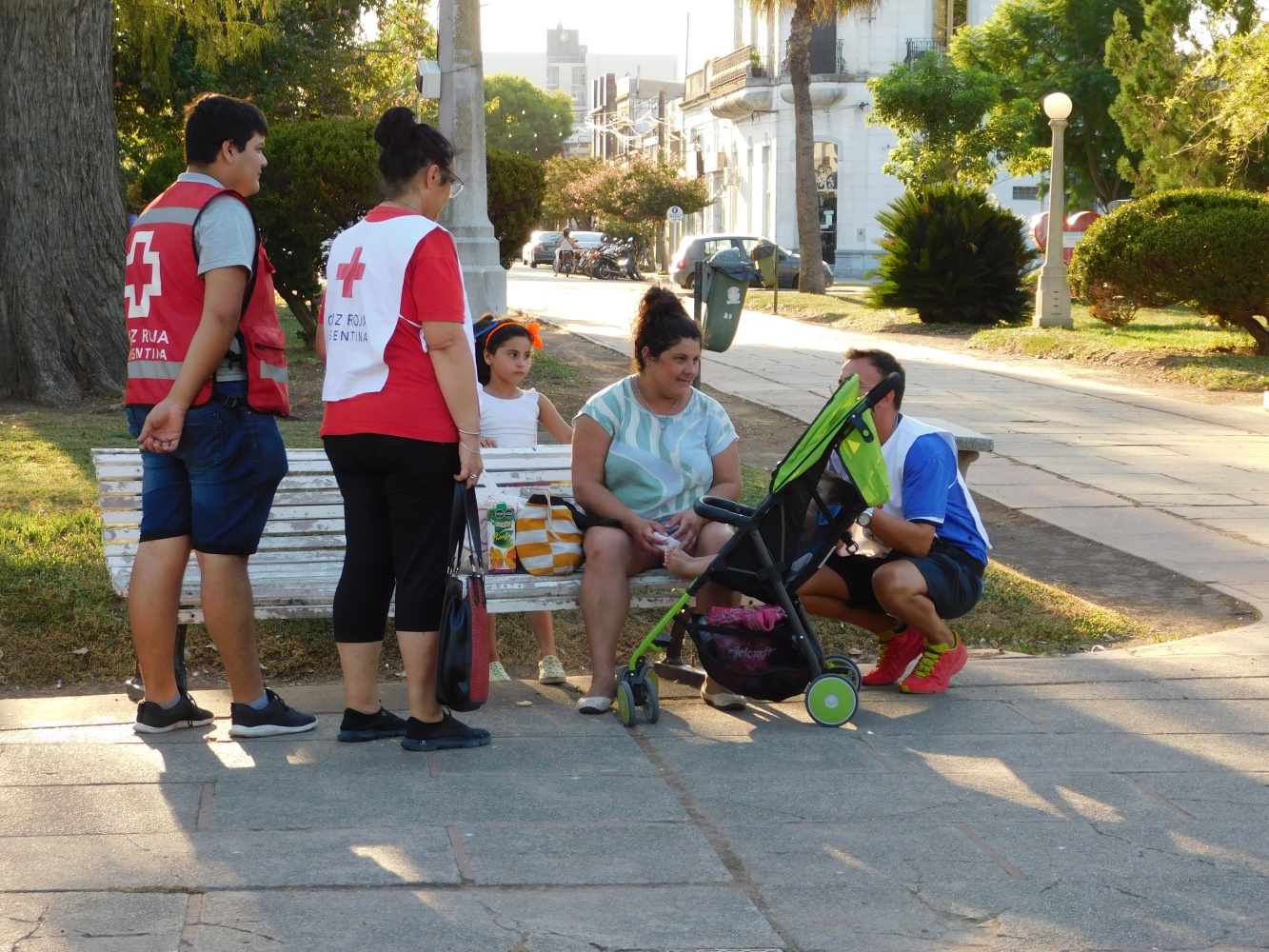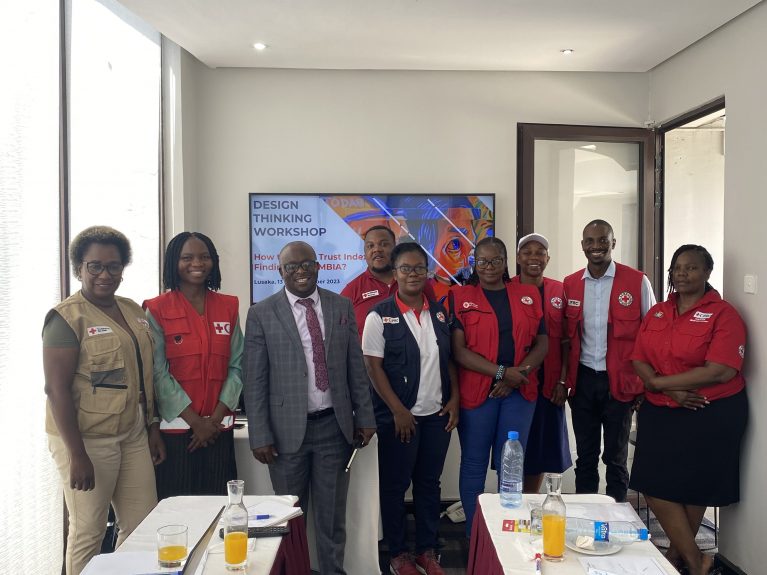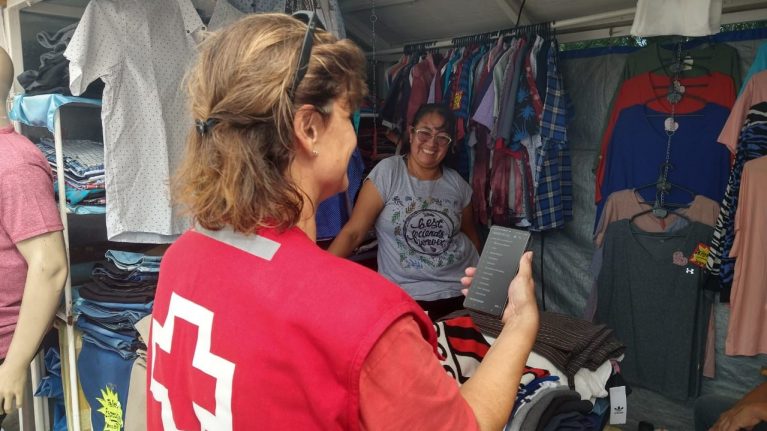Latest Country Report
Discover the latest country report
-
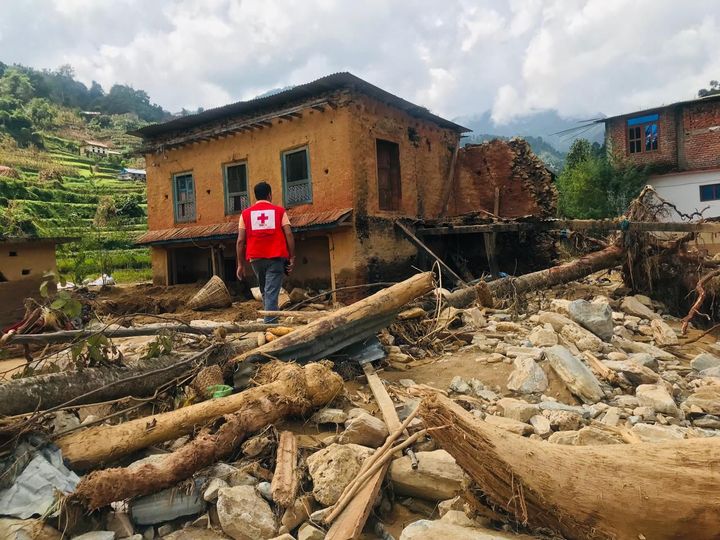
Nepal
Explore community insights on institutional trust in Nepal
Institutional -
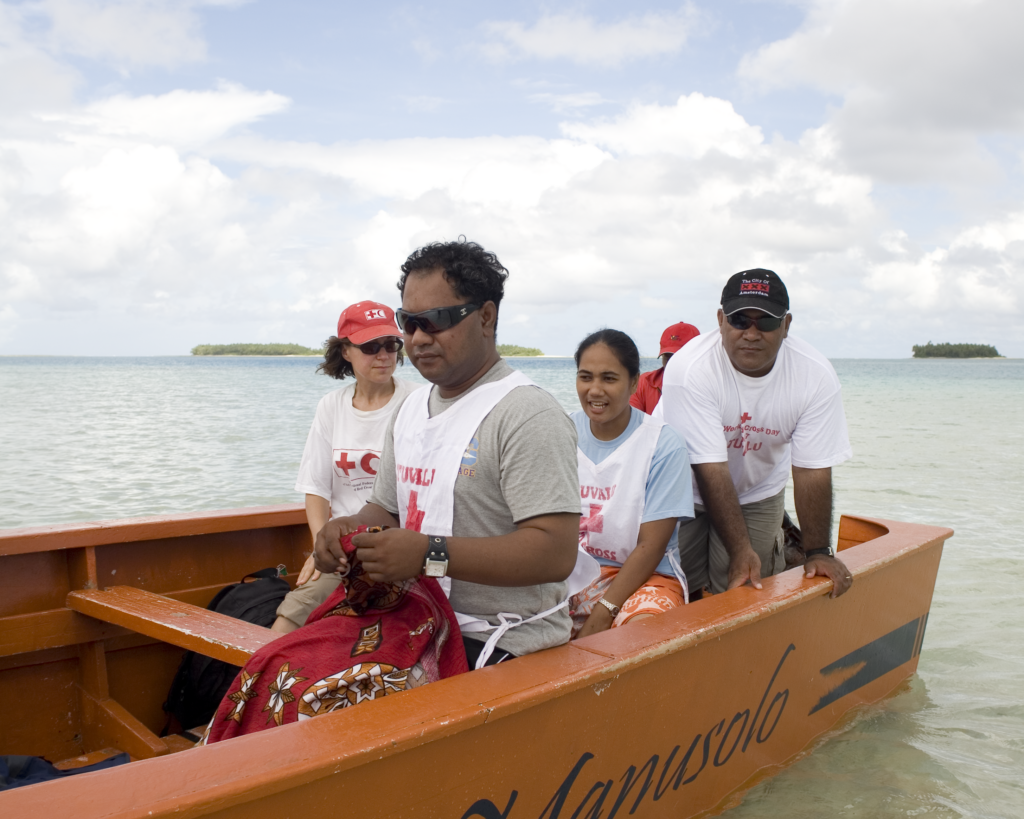
Tuvalu
As part of COVID-19 response, Tuvalu Red Cross Society conducted a perception survey on Institutional Trust in 2023.
Institutional -
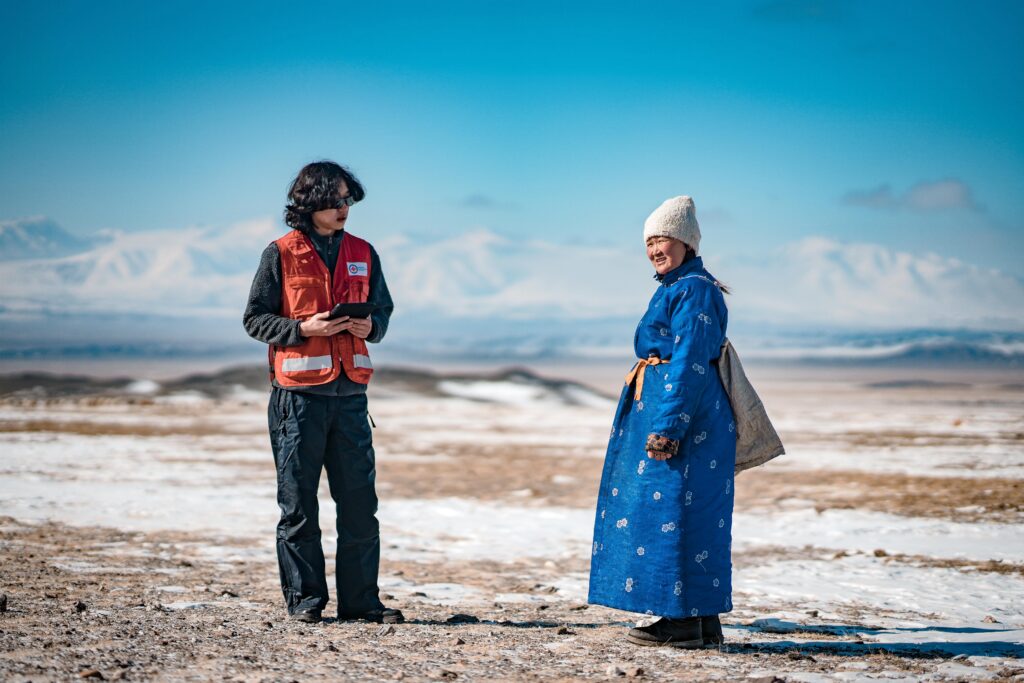
Mongolia
Explore community insight on Institutional Trust in Mongolia
Institutional
The Community Trust Index
The Community Trust Index, developed by the IFRC Community Engagement and Accountability (CEA) Unit, is an evidence-based tool to measure and enhance trust between humanitarian organizations and the communities they serve. The Community Trust Index is measured through Competencies and Values.
Building Community Trust
Why Community Trust is important?
Community Trust is the foundation for effective humanitarian action, essential for access, collaboration, and resilience.
Reduced Trust (and ‘trust deficits’) increase security risks, create inefficiencies, and negatively impacts communities.
What is trust?
Trust is complex and multi-dimensional. It is influenced by social, economic, cultural, and environmental factors.
Trust must be actively earned, yet humanitarian actors often take it for granted. Assumptions are made, and when trust is lost, there may be no clear understanding of the root causes.
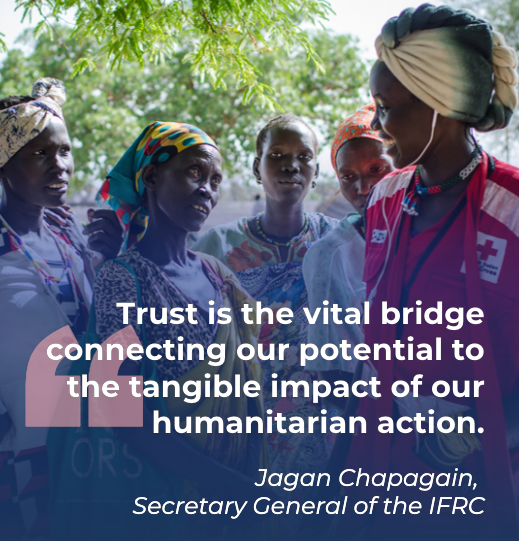
Who Uses the Community Trust Index?
- For programs & Operations
- For Leadership
Serve as baseline tool for trust-based programs and operations
- Establishing Baseline Trust Levels: The tool serves as a foundational tool for developing trust-based initiatives tailored to specific contexts, such as early warning systems, healthcare provision, and climate adaptation strategies. By gauging community trust, organizations can design programs that are more effective and responsive to local needs.
- Advocating for Compliance and Accountability: Insights from the Trust Index can be harnessed to advocate for greater compliance and better accountability in the programmes implemented by humanitarian organisations. By addressing areas of low trust and implementing measures to build it, organisations can strengthen their relationships with communities and improve the overall effectiveness of their operations.
- Enhancing Donor Engagement: Data from the Trust Index can be utilized to improve the credibility and influence of humanitarian actors when engaging with donors. By demonstrating high levels of community trust and transparency, organizations can attract targeted investments and secure increased support for their humanitarian activities.
Improve public perception, accountability, and sustainable funding:
- Build pubic confidence: Improve public perception and reputation of the organization with governments and humanitarian actors.
- Open Accountability, Continuous Learning : Promote an organizational culture of transparency and accountability that enables course correction and drives continuous improvement.
- Boost donor confidence: demonstrate measurable commitment to community trust and engagement.
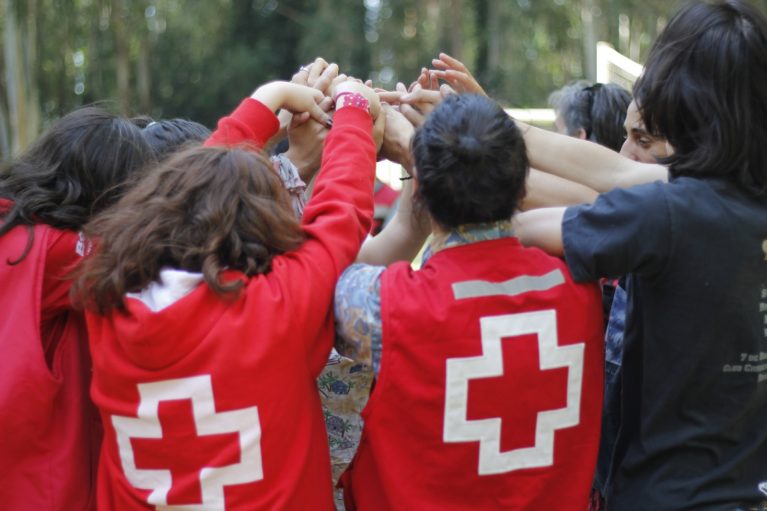
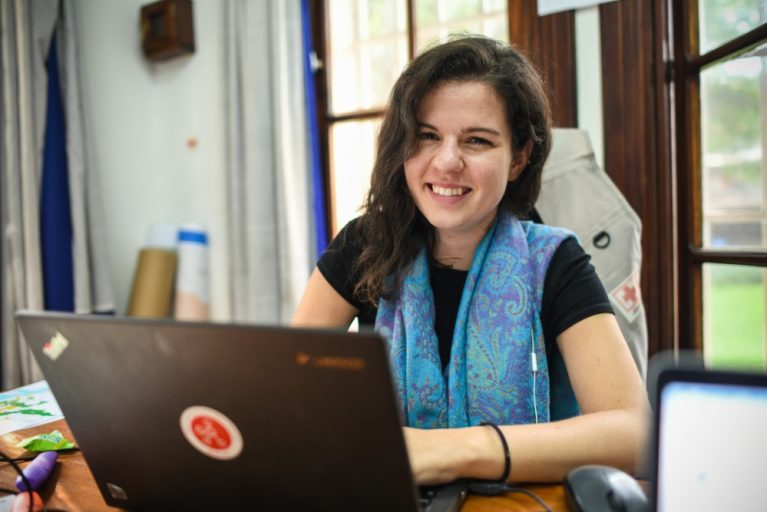
Story from Zambia
View Country IndexLusaka – In the landscape of community resilience, trust is the cornerstone upon which effective partnerships are built. Now, more than ever, it’s essential to foster strong relationships between communities and organisations like the Zambia Red Cross. Recognising this imperative, we are hosting a workshop in Lusaka in November 2023 that promises to ignite meaningful dialogue and co-create actionable strategies to strengthen trust and collaboration.
At the heart of our initiative lies the Community Trust Index data analysis, a comprehensive exploration of trust dynamics in two distinct regions. This data serves as our compass, guiding us through the nuanced terrain of community perceptions, expectations, and concerns. By understanding these insights, we pave the way for targeted interventions that resonate with the lived realities of those we serve.
The Human-Centered Design Imperative
Central to our approach is the approach of Human-Centered Design (HCD), a methodology that places the needs and experiences of individuals at the forefront of problem-solving. In our workshop, participants will embark on a journey of empathy and ideation, harnessing the power of collective creativity to envision a future where trust between communities and the Red Cross flourishes.
What sets this workshop apart is the diversity of voices it brings to the table. Branch members, Red Cross representatives, and additional stakeholders alike converge in a space of mutual respect and collaboration. Here, every perspective is valued, every story heard. Together, we co-create solutions that transcend conventional boundaries, rooted in the shared goal of building resilient, trust-based relationships.
From Insights to Action: Crafting Sustainable Solutions
Our ultimate aim is not merely to dissect data but to catalyze tangible change. Through interactive sessions and hands-on exercises, participants will translate insights into action plans and recommendations tailored to the unique context of each region. These initiatives are not fleeting gestures but enduring commitments to fostering trust, transparency, and mutual respect.
Story from Argentina
View Country IndexI have been a Red Cross volunteer for more than four years in the Villa Crespo branch located at 6434 Cordoba Avenue and all I have to say about the community of which I am proud to be a part are nothing but wonders. Perhaps the contribution from my intervention is simple and not as dedicated as other volunteers who put their chest and soul to the activities that are done practically every day, the mere fact of accompanying them implies enough retribution for one to feel motivated to move forward and in cases like mine to contribute with whatever we can in order to put a grain of sand.
What can I say about the camaraderie that I have observed for years: Well, great is an ironic understatement. Everyone with whom I interact in the work either in the field or within the institution are excellent people who put their will so that every day we provide a better service to the community. People who truly represent the pillars that identify us and exemplify us at the same time. Each member shows their unity, impartiality, neutrality, universality, volunteerism, humanity and independence.
I am a substitute in case of important coverages, honestly I am at times insecure to take such high responsibilities as covering concerts that demand high and constant attention to the people who need our help. Even so, the times I go I feel accompanied and at the same time happy to return that company. Because we know how to work as a team and understand each other in both successes and failures. We support each other in the good times but mostly in the bad times. We put a hand on each other’s shoulder and give each other the confidence to support each other. It is as if one hand washes another hand or one foot serves as another’s crutch when needed.
We do not know “Failure”, we know “Learning”. We do not step on the fallen, we invite them to get up and if necessary we take them by the arms so that they can go back up if necessary. We do not know the denial but the acceptance, the acceptance that we are human and we are to learn and become better volunteers with the passing of days, weeks, months and years.
Maybe I still have a lot to learn, but this path is pleasant and necessary, anyway it serves to learn from the colleagues that make up this team and the fact that our hands tremble to make it possible and easier for those who need it is what I believe makes this affiliate unique.
“They work for free” I hear a couple of outside voices say very often. But I use the term “We have fun at no cost” because in my opinion there is nothing better on a social level and on a human level than belonging to something and making that belonging worthwhile, which rewards you with good times, learning and friendships. I can say that inside that madness (in the good sense) I have built genuine friendships and strong bonds, which only gave me things, things that make you realize that it was really a success to find the place that we formed as a team and we make it worth with every job and event we attend.
Because at the end of the day, some work in relief and help victims, some are in health promotion and give consent, others are in training and provide knowledge, also those in communication do their part to make us known, also those in logistics who carry out their assemblies and controls. In whatever area you are, we are all there and if you want to join this madness, be assured that we are waiting for you with our arms up.
